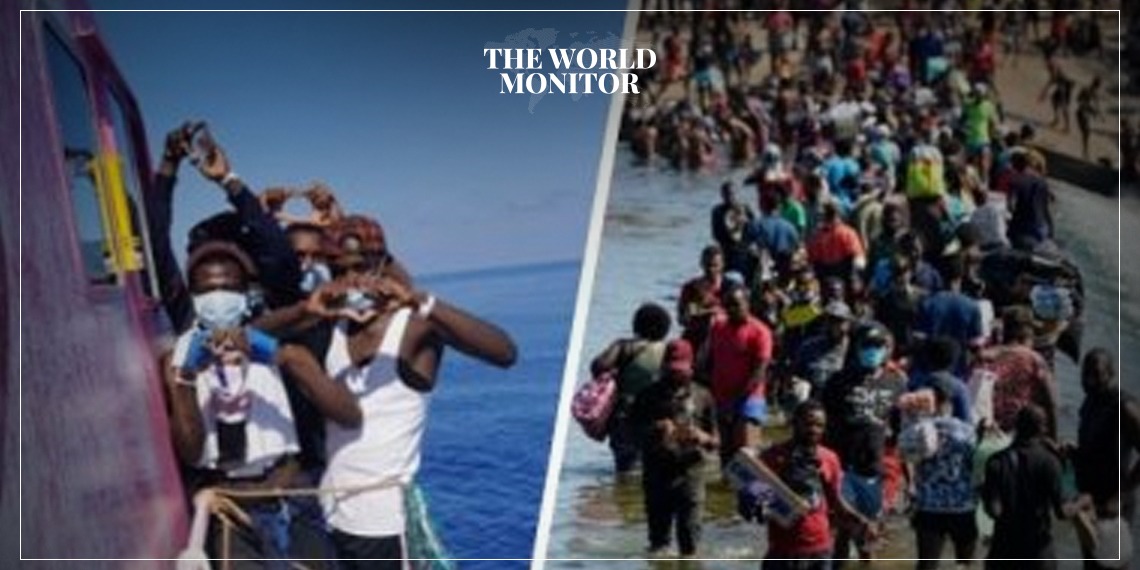Leaders from over 12 Latin American countries gathered in Mexico to discuss how to address the influx of undocumented migrants, most of whom are seeking entry into the United States. Governments presented a plan to curb migration flows towards North America, while regional leaders voiced their rejection of coercive and selective immigration policies.
Mexican President Andrés Manuel López Obrador opened the summit, emphasizing his country’s commitment to “unify efforts, will, and resources to address the root causes of migration.” He stressed that this is a humanitarian issue that requires collective action.
Mexican newspaper La Expancion reported that this year alone, 1.7 million migrants have arrived at the Mexican-American border. Immigration has become a hot-button political issue in both countries, which are gearing up for presidential elections next year. In September alone, Mexico saw the arrival of 60,000 Venezuelans, along with 35,000 Guatemalans and 27,000 Hondurans, according to the Mexican government.
In a joint declaration, the governments of dozens of participating countries in the meeting, held on October 22 in Palenque, Chiapas, Southern Mexico, agreed to develop an “action plan” aimed at enhancing decent employment opportunities, food self-sufficiency, environmental protection, energy security, trade, investment, and combatting organized crime, all to reduce migration flows.
The statement released by the Mexican Ministry of Foreign Affairs, the host country for the meeting, underscored that the foundation of this plan lies in addressing the “structural” problems that force citizens to leave their home countries, including “poverty, inequality, and lack of opportunities.”
President López Obrador welcomed his counterparts, including Venezuela’s Nicolás Maduro, Cuba’s Miguel Díaz-Canel, Colombia’s Gustavo Petro, and others. The summit provided a platform for leaders to engage in constructive dialogue on this pressing regional issue.






